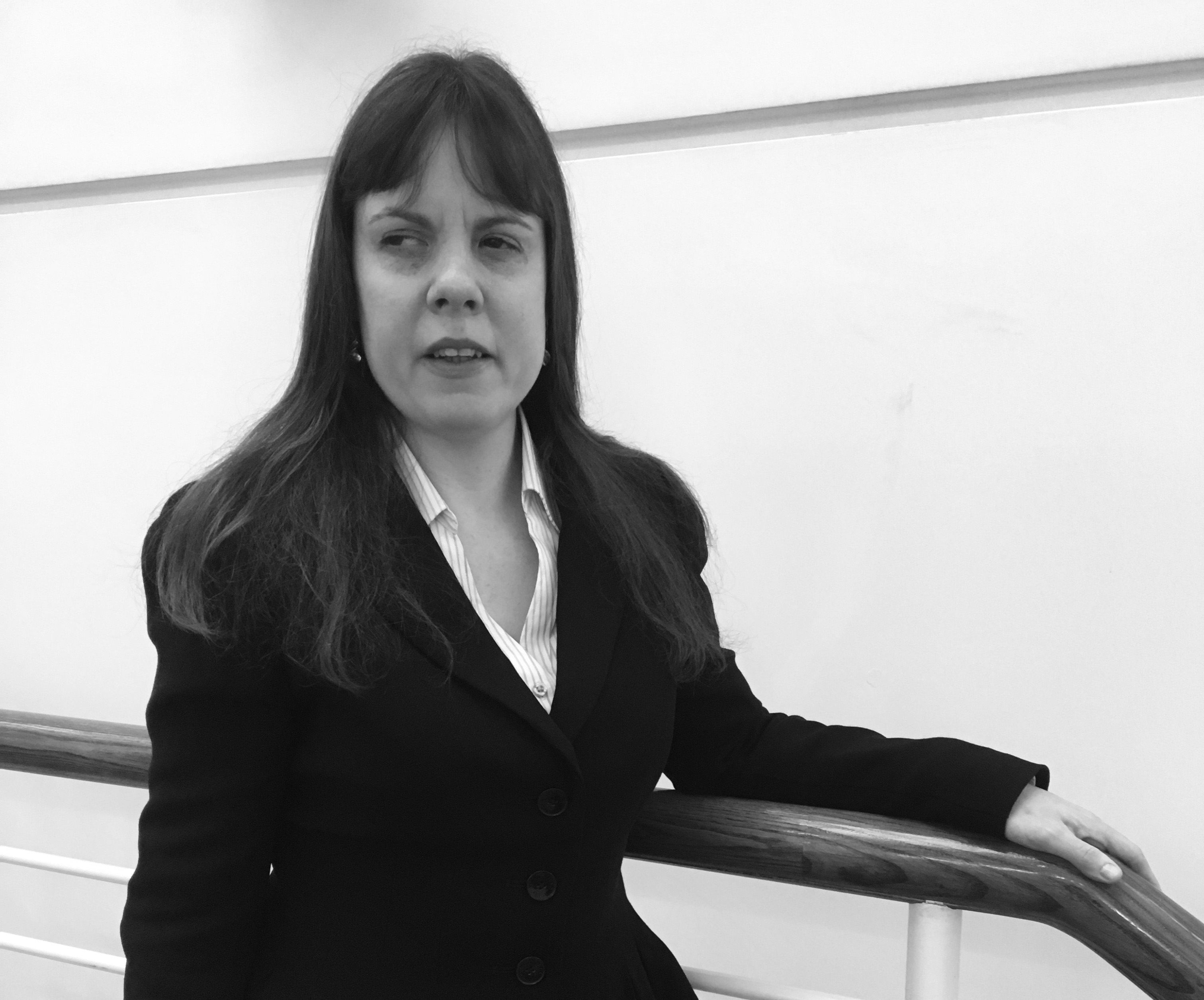"Some people simply could not imagine that I could do the job. All I was asking for was a chance to prove them wrong.”
Hi, I’m Lisa. I am a Crown Advocate and CPS Disability Ambassador working in Manchester and I am blind.
Disability History Month is a chance for us to focus on the historical struggle for equality and the upholding of our human rights, to see how disabled people were portrayed in history, and how they worked for change. This moment of reflection was reinforced yesterday as we marked International Day of Persons with Disabilities. We continue that fight today, striving for equality in all aspects of our lives, knowing there is much more to do.
As far as I am aware, I am the first blind person to practise as a criminal barrister in England and Wales. It would be disingenuous if I were to say it has been a smooth and easy career path. The comments I was subjected to during my search for tenancy were astounding. Some people simply could not imagine that I could do the job. All I was asking for was a chance to prove them wrong. I quickly learnt that sometimes I had to work harder than my sighted colleagues to be taken seriously. It was not a question of being noticed; I got that in excess as a blind person whenever I was visible in public.
There are many incorrect assumptions about blind people, which is why highlighting the achievements of disabled people is so important. When I think back to who my role models were growing up, I remember a dull history lesson working up to my GCSEs. The transport module was suddenly enlivened by the introduction of John Metcalfe (also known as Blind Jack Metcalfe), a Knaresborough man in the 18th century who had been a pioneering road builder laying the first road from his town to York, improving the lives of everyone in his community.
It was the first time I had become aware of blind people across history, as disabled people did not form part of our history taught in schools. They were simply invisible. The only reference would be perhaps in fairy tales or the workhouses of the Victorian era.
I hope that by showing that this career can be done by a blind person, I can encourage others to try it. I have mentored many people over the years to introduce them to the reality of a career at the Criminal Bar. I hope that my presence has made people used to a more diverse cadre of barristers locally.
Currently, my main challenge is overcoming IT – which can sometimes seem never-ending. For example, only this year, while on my feet, my account was deleted from the system which meant I could not access any of my “papers” stored in electronic form. I am proud that, despite this, I prosecuted the case without anyone realising that there was any problem at all.
I practiced for many years at the Bar in Manchester before joining the CPS . The CPS is focused firmly on making sure that all its internal materials, whether in training or the CPS website, are accessible. Other advantages to working for the CPS are supportive managers and IT assistance. I understand that the aim is to make our digital Case Management System fully accessible as well. The challenge remains though: to instil these values in third party providers so that disabled staff in probation, defence, the judiciary and the prosecution can be put on an equal footing with their non-disabled counterparts. When I talk to my sighted colleagues, there seems to be a general assumption that everything would naturally be accessible. When they learn the reality, they are often shocked.
We need to listen to disabled people as they are the experts in what they need. We are still fighting the prejudices that are commonly held about what disabled people can do. There is a huge amount of talent exhibited by disabled staff that sometimes does not get recognised. This month is an opportunity to raise the profile of disabled staff and their various strengths.
